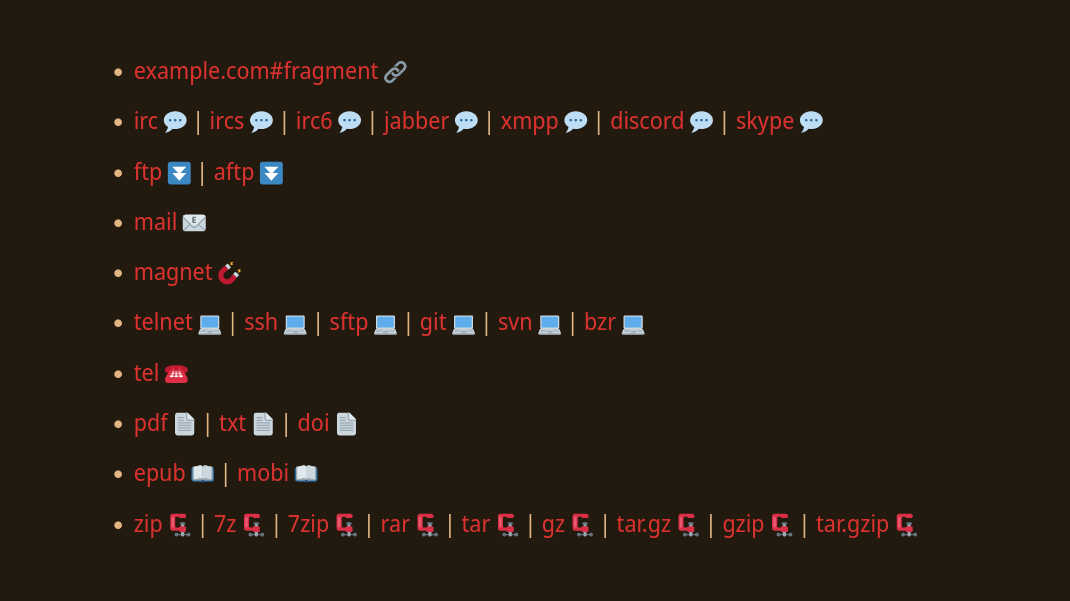
Hugo

How-To add link icons in Hugo markdown links
Link icons are great. It signals to the reader what a link is. It is external? Or perhaps a video? If the link is clicked, will it start a download or will it open the default mail program? Link icons also helps a developer or content creator to easily find links, or the lack thereof.

How-To add cross reference in Hugo markdown links
One of the less commonly used feature of Hugo is render hooks. In this post, we are going to use render hooks to add internal cross reference support to Markdown’s default way of creating links: [text](https://example.com#fragment "Title").

The YOOki (柳紀 ・ 유 기) Chronicles is ᜌᜓᜃᜒ (Yuki ・ 雪亮)’s return into casual and personal blogging. The name “YOOki” is a mash-up of the acronym of YourOnly.One and my nickname ᜌᜓᜃᜒ (Yuki ・ 雪亮).
Interestingly, according to Chinese legend, 「柳」 (YOO) is an ancient Chinese surname. The ancestors of the surname were closely linked with the ancient sage-king named Yu Shun. In Korea, the 「유」 (YOO) lineage traces to the Xia, Han, and Joseon dynasties. Holders of the surname Yu or Yoo had a reputation for charity and diligence
.1
It is also the word for “willow” or the “willow tree” which means graceful or slender; and a tree growing near a body of water which provide continuous nourishment and resources for everyone. It can also mean to exist, an oil (anointment(?)), and simply as “U” (you).
The hanzi 「紀」 (ki) character means to record, be disciplined, provide order. While the hangul equivalent, 「기」 (ki; gi), means energy, spirit, a banner, and a period of time; and is also a suffix used to make a gerund or an infinitive.
Can you guess what I mean by 「柳紀」 and 「유 기」 as the Chinese and Korean for “YOOki”?
